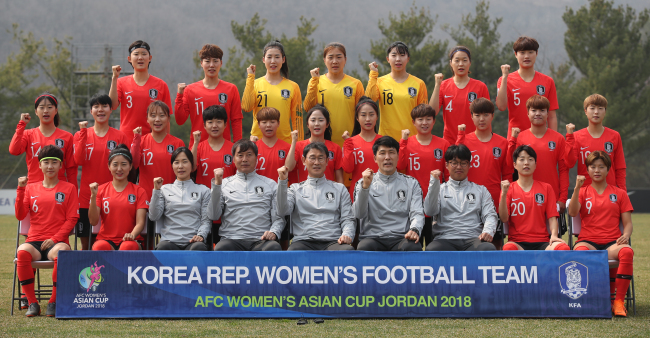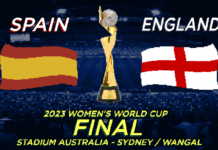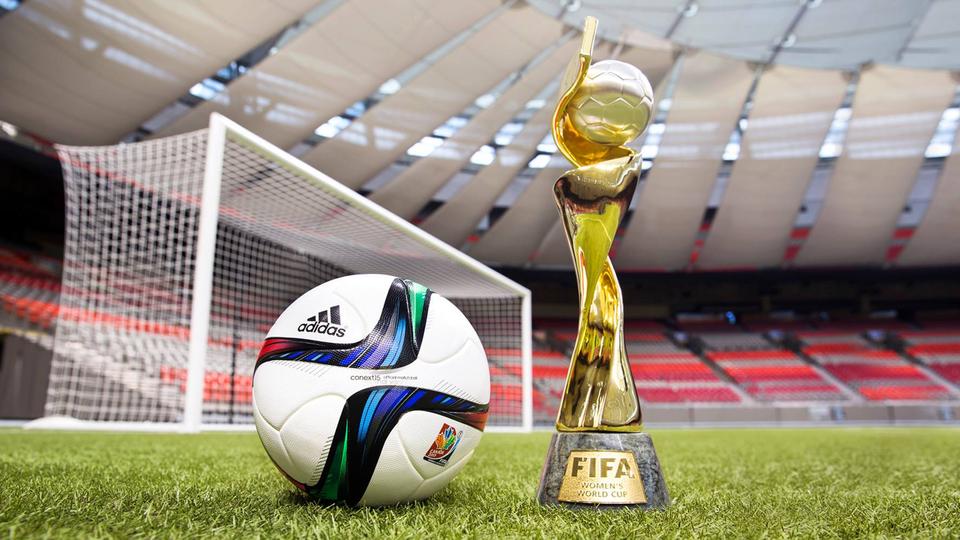
By the 15 March 2019 deadline, nine federations had registered their interest in bidding for the 2023 FIFA Women’s World Cup. This is the greatest number of actors in a bid yet, contrasting sharply with the two-nation bids for 2015 and 2019 FIFA Women’s World Cups (WWC).
Hosting a WWC means opportunities for economic development, investment in infrastructure and long-term local growth for women’s football. It also provides nations with a chance to enhance their reputation in international governance settings. The numerous benefits and the high number of interested parties – all of which have never hosted a WWC before – will make for a tightly contested bid.
Here we break down the context for each country’s bid.
Argentina
FIFA Ranking: 36
Little has been specified about the nature of Argentina’s bid. Their inclusion in the process follows the recent landmark announcement to create and provide the country’s first professional women’s league.
Both this and the bid suggests a push from the Argentine Football Federation (AFF) to boost women’s football’s status overall. The AFF is also placing bids for the 2030 FIFA Men’s World Cup, suggesting a more long-term investment with their bid for the WWC.
It is worth noting that Argentina did not qualify for 2011 or 2015 WWC. Depending on their performance at France 2019, this may weaken their claims for a bid when compared to nations who have featured more prominently on the international circuit.
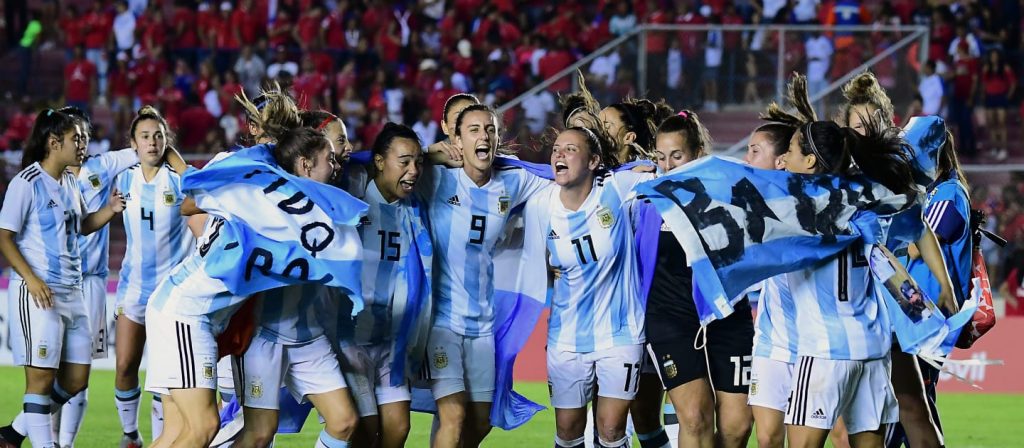
Australia
FIFA Ranking: 6
Australia were the first country to announce a bid. This started in mid-2017 with the federal government providing an initial $1 million for a feasibility study. This was followed in January 2018 by a further $4 million in funding and a media campaign launched in October 2018.
#GetOnside urges Australians to register their support for the bid online. This is Australia’s second attempt at hosting a women’s world cup, with FFA dropping out of the bidding process early on for the 2011 WWC.
Australia’s national league, the W-League, recently wrapped up its 11th season and their national team are considered breakout winners for France 2019. Australia are considered forerunners in obtaining the 2023 WWC. However, they are by no means a shoe-in.
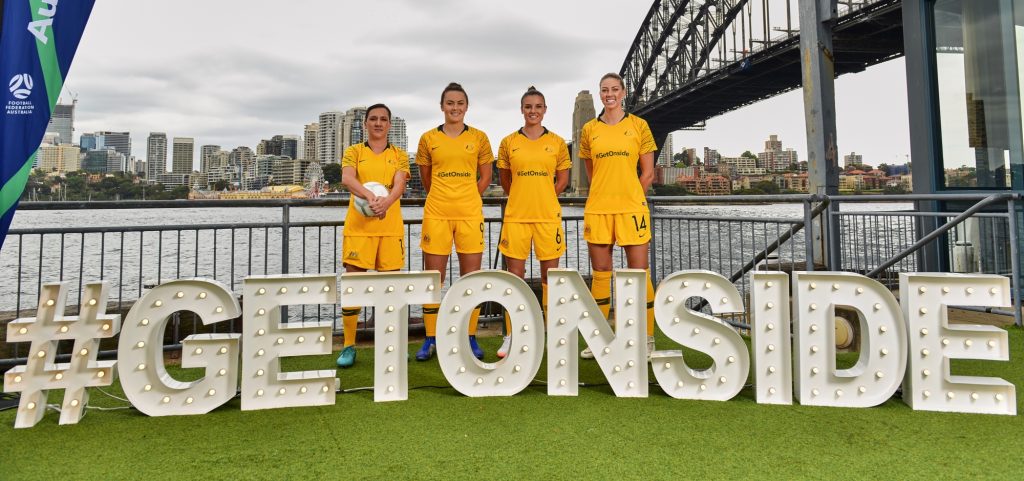
Bolivia
FIFA Ranking: 91
Bolivia are one of four South American Football Confederation (CONMEBOL) federations to bid. Their international team are also one of the only participants in the Copa America Feminina to not have cracked the top four in the tournament, and they currently sit lowest on the FIFA rankings amongst their bid competitors.
However, local support for women’s football is steadily but surely growing. This has been accelerated by recently-implemented CONMEBOL regulations that require men’s clubs to support an adjacent women’s side. It will be interesting to see if Bolivia can be the underdogs in this bidding race.
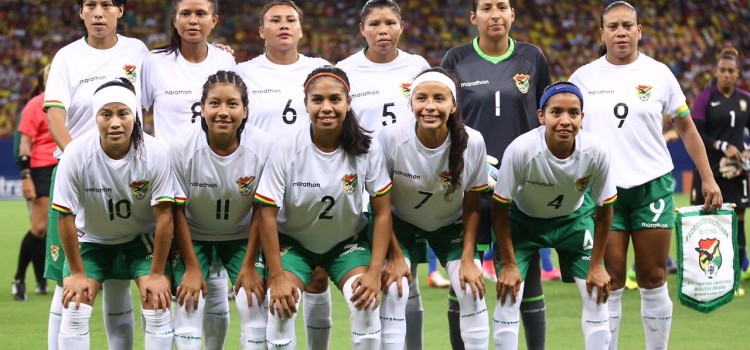
Brazil
FIFA Ranking: 10
The pre-existing infrastructure from the 2014 Men’s World Cup and 2016 Rio de Janeiro Olympics will provide an edge to Brazil’s bid. Their national team is currently the highest ranked amongst their fellow CONMEBOL bidders and they have only missed out on top spot at Copa America Feminina once. These factors suggest they are the most likely CONMEBOL bidder to progress further.
Campeonato Brasileiro de Futebol Feminino is the country’s premier footballing competition. It has been running since 2013 and now includes a relegation system between two tiers, Serie 1 and Serie 2. Sustainable local interest in the women’s game alone will provide them with an edge.
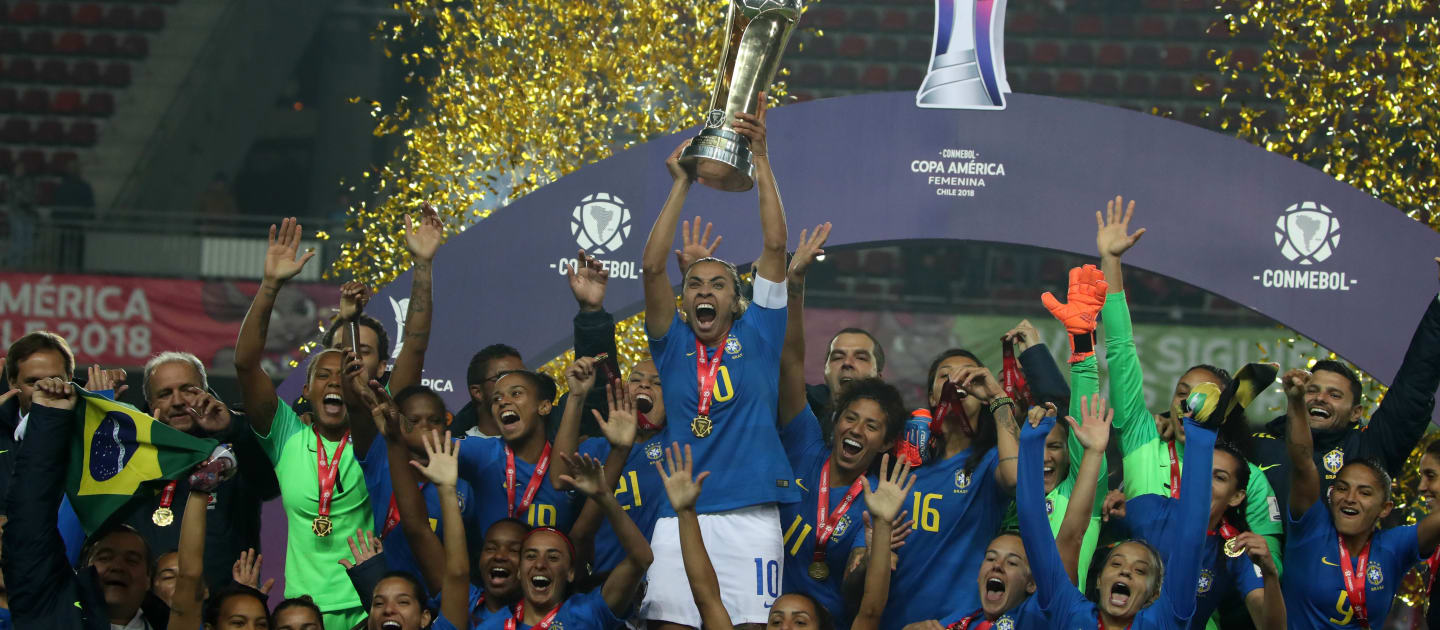
Colombia
FIFA Ranking: 26
Colombia bring an impressive resume to the table. Persuasive factors for their bid include a solid local competition, a strong history on the international stage, previous experience as hosts and long-term interest in the bid.
They were one of the earliest nations to announce interest, initially reported in 2016 and confirming in January 2019. They have an impressive track record in local tournament Copa America Feminina (though never defeating heavyweights Brazil and recently falling short of qualifying for a third straight World Cup.)
Beyond their international team performance, they have recently hosted international tournaments, including the 2011 Under-20 FIFA Men’s World Cup and the 2016 FIFA Futsal World Cup. Locally, the Colombian Football Federation launched the Liga Femenina Profesional de Fútbol Colombiano (Colombian Professional Women’s Football League) in 2017.
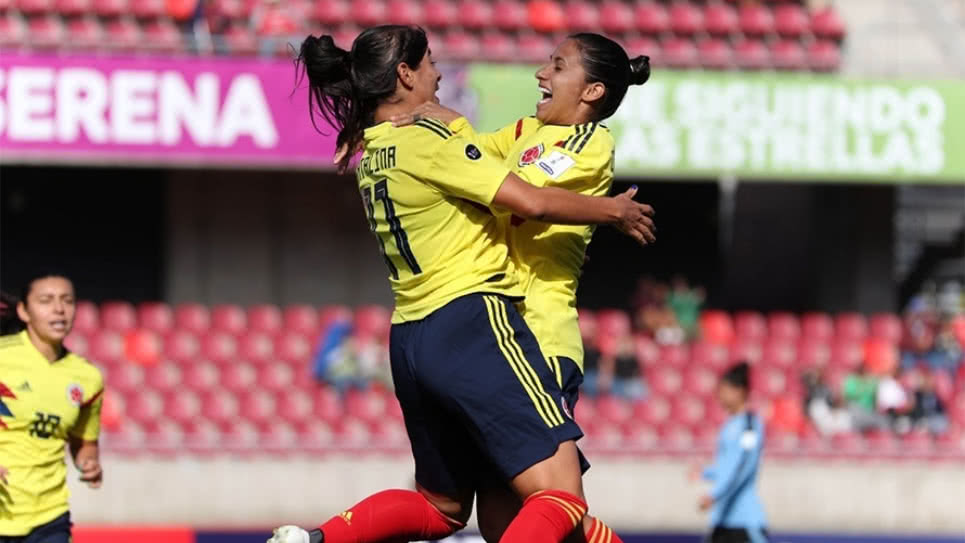
Japan
FIFA Ranking: 8
Initially, Japan denied any intent to make a claim for the 2023 WWC. However, they formally confirmed their commitment to the bid in February of this year. Japan are respected as leaders in international women’s football.
Their formidable appearances in the 2011 and 2015 WWC – winners and runners-ups respectively – has seen the game grow locally. The L.League, which umbrellas three competitive divisions, was developed to accommodate this.
Thriving local support for women’s soccer will be a huge benefit for their bid. Additionally, Tokyo will also be hosting the 2020 summer Olympics, with the Japanese Football Association looking to leverage infrastructure renovations for their 2023 bid.
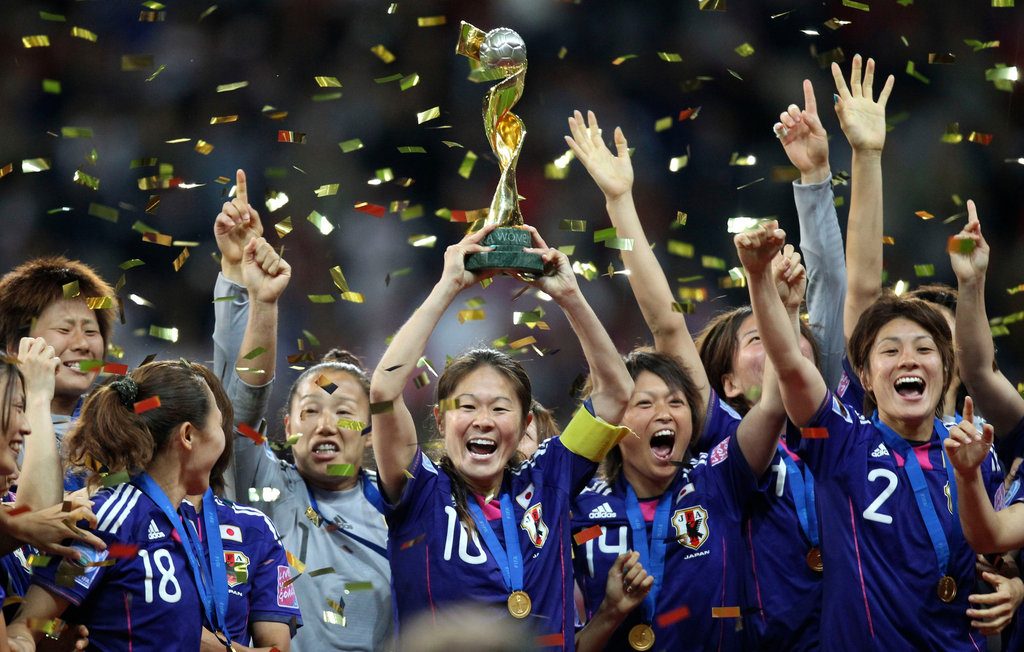
New Zealand
FIFA ranking: 19
Whilst Tasman neighbours Australia beat them to it in an official capacity, New Zealand were the earliest nation to express interest back in 2015. They once again expressed interest earlier this year and confirmed it, alongside several other nations, a few days ago.
Whilst they have hosted three age group world cups – both men and women – they have not hosted a football tournament as logistically large as a WWC. It could potentially be added to a packed out sporting calendar for the country, as they prepare for the 2021 Rugby World Cup and make a claim for the Netball World Cup, also in 2023.
Locally, New Zealand’s national league, the National Women’s League, boasts an impressive seventeen seasons.
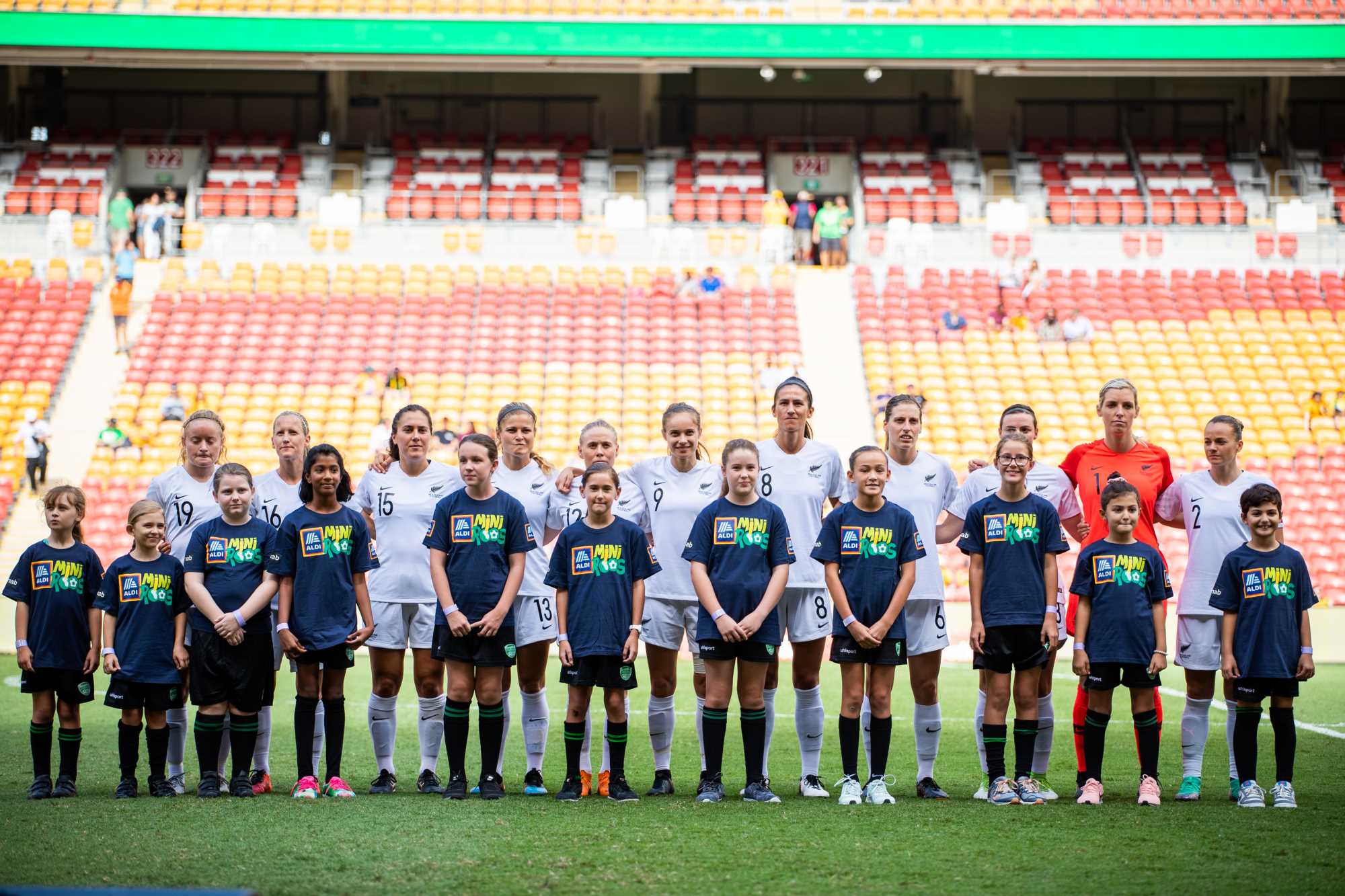
South Africa
FIFA Ranking: 48
South Africa’s bid was officially confirmed in December 2018, immediately following national team Banyana Banyana’s inaugural WWC qualification for France 2019.
In a similar vein to Brazil, the South African Football Association (SAFA) noted at the time that it was an opportunity to reuse the stadiums built specifically for the 2010 FIFA Men’s World Cup. South Africa were an underdog competitor to host the tournament, and the first African nation to do so.
Locally, a professional national league is being developed by SAFA and is set to kick off this year. The current highest level is the SAFA Sasol Women’s League, with nine provinces hosting competitions. Similar to Argentina, the bid fits within a broader narrative of federations pushing for growth in women’s football.
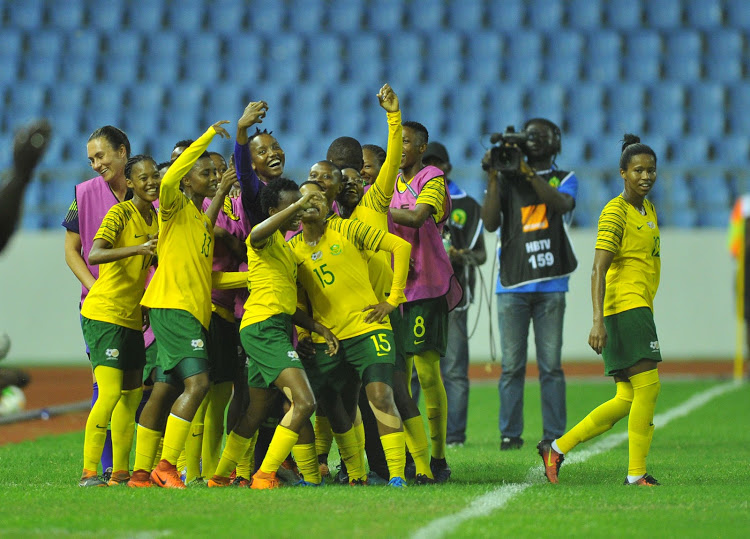
South Korea/North Korea
FIFA ranking: Korea DPR 11, Korea Republic 14
This joint bid in highlights the opportunity for diplomacy presented by a major tournament, with the two countries still technically at war with one another.
The two nations also collectively bid for the 2032 Summer Olympics and will compete together at the 2020 summer Olympics in Tokyo. South Korea’s most notable inclusion on the international sporting stage was their hosting of the 2018 Winter Olympics.
The Korea Football Association currently operates the WK League, the country’s professional women’s league. North Korea does not have a women’s league in place.
